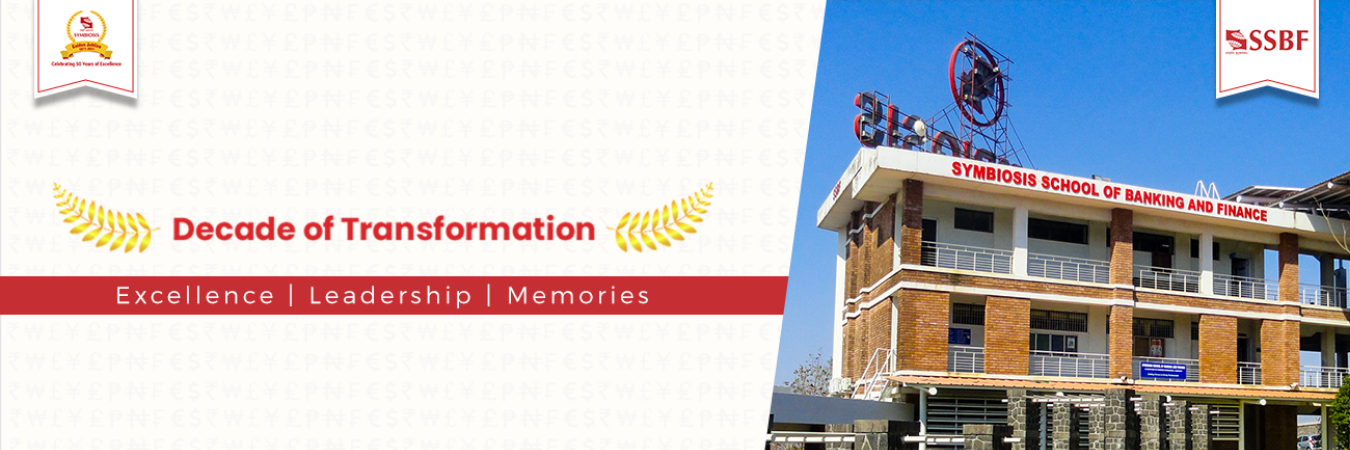
Finance Minister Nirmala Sitharaman presented the Union Budget for 2023 in Parliament like every year on 1st February. This Budget targeted many areas such as infrastructure, ease-of-doing business, agriculture, employment and skill development, health care, education and digitalisation, among others.
In order to propel economic growth for India, this Budget has proposed an allocation of ₹40 Lakh crore towards infrastructure creation over the next five years. The Budget also aimed to boost manufacturing in India, increasing employment possibilities. It highlighted initiatives such as promoting High Technology Defence Manufacturing (HTDM) & based on recommendations from the Industrial Policy Task-force, setting up 18 Integrated Defence Manufacturing Clusters. These clusters will be formed with a focus on
catalysing local manufacturing of defence equipment and components by providing commonly developed land, shared utilities & necessary industrial infrastructure, besides offering easy access to capital and a skilled workforce along with a simplified taxation regime.
To benefit farmers across the country, this Budget announced several measures. These included an increase in MSPs of up to 50 per cent for crops compared to 2022 for some major crops like wheat pulses, which were 1.5 times higher than the previous cost plus 50 per cent. To ensure farmer welfare & facilitate agricultural production, other schemes like ‘Pradhan Mantri Matru Vandana Yojana’, ‘Mukhya Mantri Kisan Sadak Yojna’ and ‘National Rashtriya Krishi Vikas Yojana ‘(NRKVY) were proposed, which will focus on improving rural road connectivity, crop yield & availability etc. Tax exemptions on specific income sources & raised investment exemption limits were also announced for farmers to boost them financially and aid their livelihoods.
In addition, this Budget had two primary healthcare-related objectives supporting access to affordable healthcare services and transforming existing primary health centres into wellness centres through the introduction of the Ayushman Bharat 2.0 initiative. Moreover, it implemented tax deductions across
most preventive tests, including MRI scans, PET scans, CT scans etc., helping citizens avail essential medical checks without having to worry about exorbitant costs associated with these treatments.
Overall, This year’s Indian Budget is being seen as quite progressive in attempting to lay the foundation for sustained long-term economic growth while at the same time taking care of near-term local needs across a wide range of sectors. Its emphasis on improved healthcare, increased investments into infrastructure improvement programs and focusing boosting local businesses have been highly appreciated both domestically as well as internationally and should go a long way towards making India an attractive destination for foreign investments investors alongside providing more
opportunities internally population who can directly benefit from these policies.



